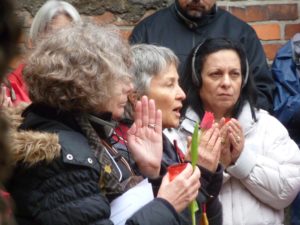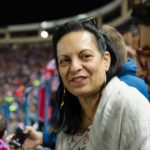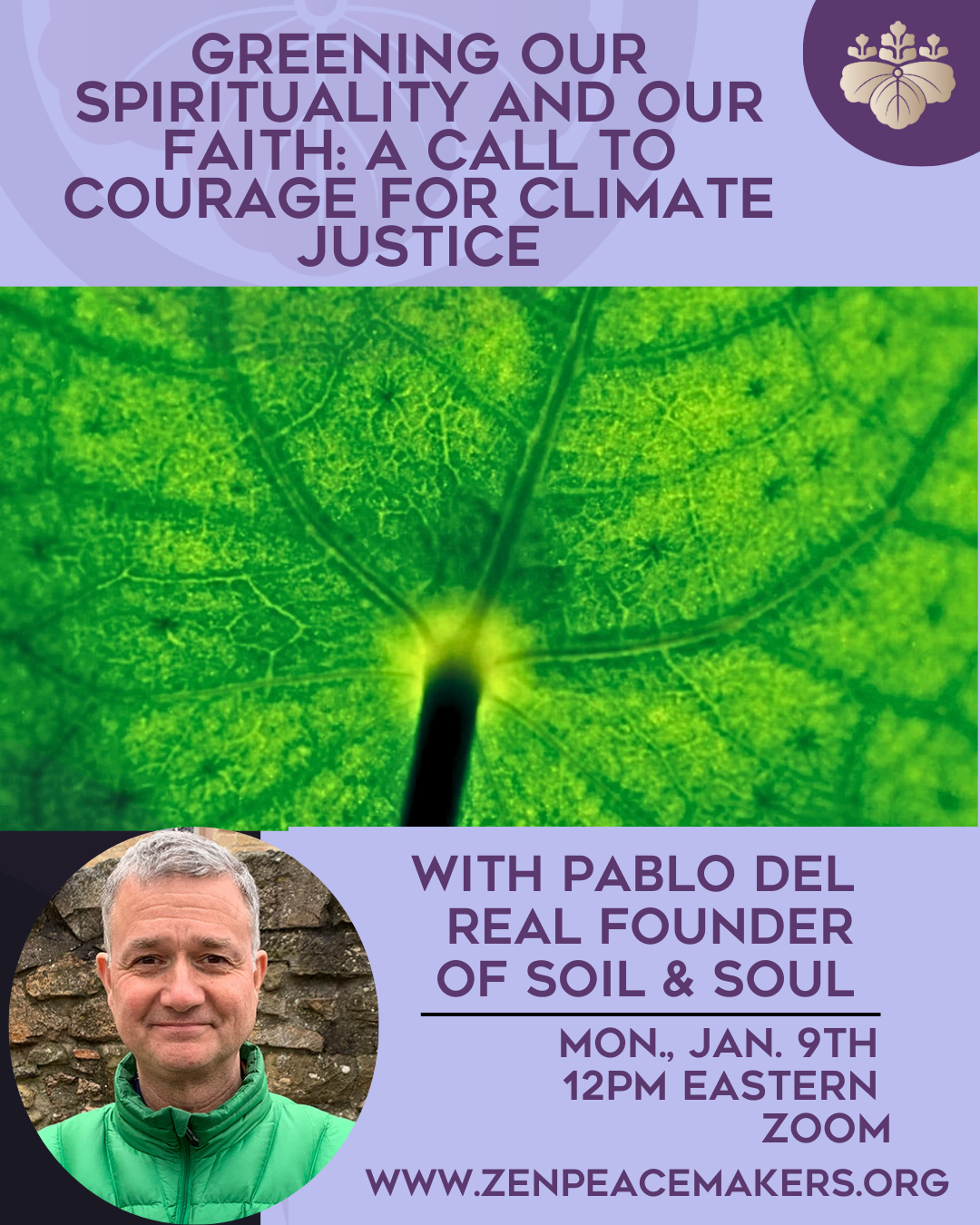Zen Peacemaker Order member Iris Katz presented at a full day workshop in Washington, DC, as part of Save Israel-Stop the Occupation (SISO). The SISO workshop acted as a prelude to the J Street national conference (an American Jewish lobbying group) and was termed “Responsible Judaism: the What, Why, and How of Building a Global Progressive Jewish Partnership”. Over 60 people, including SISO partners from Europe, Latin America, Israel, the United States, and Canada, attended the workshop. Below, Iris gives personal testimony about her role as an Israeli Jew in social movements to alleviate the suffering caused by the Israeli-Palestinian conflict and reflects on the complexities of patriotism, activism, community, and justice.
By Iris Dotan Katz
JERUSALEM, ISRAEL. For many years I have been trying to work towards promoting more social justice in Israel-Palestine, ending the occupation being one of my main objectives. During these years, as a peace and social activist, I have been involved in many activities. These values and perspectives became central issues in my personal and family life as well as my professional life as a clinical psychologist. For example, as part of a professional network called Psycho-active we have even developed a therapeutic framework focusing on « politically sensitive psychotherapy ».

During all these years, I have found it is extremely difficult to maintain my loyalty to these values while at the same time taking an active role in the society and maintaining close social relationship with my friends. Many of my friends presumably share the same set of values yet oppose any action taken to actively pursue them. Especially when this means challenging their comfort zone or challenging the « sacred national narrative ».
For me, the climax of this emotional tension, being torn between loyalties, was in the summer of 2014 during what was named the « Protective Edge » (« Tsuk Eitan ») operation. During two months, with an attempt of securing the southern border, the IDF was severely attacking and bombing GAZA. Even though Israel was using innovative methods to minimize the casualties, the total price paid was of more than 70 Israeli soldiers dead and more than 2000 Palestinians dead, out of which many were children and women.
 Strongly believing that the operation could have been avoided and that it is part of the ongoing violent cycle, where every round gives birth to the next, we went out to the streets to protest and to call on the government to stop this war. At the same time most of the people, including our best friends, were all strongly united, backing up the operation with strong expressions of patriotism. In every corner, and even while driving in the streets, you would be handed an Israeli flag and could see big banners encouraging and supporting the soldiers.
Strongly believing that the operation could have been avoided and that it is part of the ongoing violent cycle, where every round gives birth to the next, we went out to the streets to protest and to call on the government to stop this war. At the same time most of the people, including our best friends, were all strongly united, backing up the operation with strong expressions of patriotism. In every corner, and even while driving in the streets, you would be handed an Israeli flag and could see big banners encouraging and supporting the soldiers.
Our protests were strongly confronted not only by nationalist movements but rather by the majority of the people supporting the government and backing the military. Sometimes there was even a lot of violence in the streets against us. We were called traitors, also by our close friends.
In my own family, my youngest son, Itamar, was drafted to the reserves and after a lot of hesitation decided to refuse to join. This act itself created tension in our family since his father, being in his past a Major in a combat unit, was very ambivalent of Itamar’s not taking an active part. Itamar’s father was also torn between his personal resistance to the operation and his strong belief in the equal responsibility we all have to the « people’s army ».
 Although I was relieved from my personal worries I still felt worried for the other soldiers. You see, in Israel we keep saying that we, the mothers, are mothers of all the soldiers (a saying that, in my opinion, might have many meanings and implications…). Anyway, I felt my motherhood goes beyond the Israeli soldiers, and beyond the Israeli children in the south – to the children of Gaza.
Although I was relieved from my personal worries I still felt worried for the other soldiers. You see, in Israel we keep saying that we, the mothers, are mothers of all the soldiers (a saying that, in my opinion, might have many meanings and implications…). Anyway, I felt my motherhood goes beyond the Israeli soldiers, and beyond the Israeli children in the south – to the children of Gaza.
This entire situation was painful, frustrating, and even scary. Sometimes I felt lonely and misunderstood. I felt anger and sadness at the same time. For me the only way to cope with these feelings and hardships was trying to contain them all. I think that containing them all means trying to practice patience, compassion and tolerance. It also means persistence in believing that it is possible to be pro Israel and at the same time to object the policies of the Government. Being an activist does not contradict patriotism, on the contrary rather. For me, being an activist is to be responsible to the justice and well being of all, without separation between us and them.
This was my way. For me this way is the third way, the way of responsible Judaism. The way of re-connecting with the core Jewish values of avoiding evil and pursuing peace. Fulfilling my responsibility as an Israeli means implementing these Jewish values out of the Jewish democratic state in which I believe. Both the Jewish values as well as the Israeli flag do not belong to the Government or its supporters, we all share them equally.

Iris Dotan Katz is an Israeli clinical psychologist, a buddhist practitioner, a peace activist and organizer working in Palestine, Israel & Sri Lanka, often with her social innovator partner Tani Katz. She has participated in the Zen Peacemakers Bearing Witness Retreats in Rwanda, Black Hills and repeatedly at Auschwitz. Iris is one of the co-organizers of the 2017 Bosnia Bearing Witness Retreat.





2 Responses
Walking on the razor’s edge you are dear one.
Seeing cause and effect wipes away perceived reality, showing us the universal pulse; one must be ready to let go of all deceptions to be intimate with all beings.
Beings are numberless, I vow to save them
Delusions are inexhaustible I vow to end them
Reality is boundless I vow to perceive it
The Buddha Way is wondrous, I vow to embody it
Wonderful, Iris – thank you! Great work, great peacemaking social action. Talk again soon on a ZPO online Council, love, Kathleen